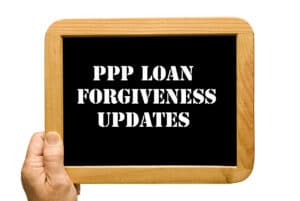|
Over the weekend, President Trump signed a massive $2.3 trillion coronavirus relief and government funding bill, averting a government shutdown that was due to start on Tuesday if an agreement was not reached beforehand.
The bill includes a $900 billion COVID-19 relief package, which extends unemployment benefits for millions of United States workers. U.S. citizens will also receive $600 in stimulus payments. The package also contains several key benefits for construction firms. Click here to read entire article. The Occupational Safety and Health Administration (OSHA) has revealed the criteria it relies on to target employers for COVID-19 investigations along with naming those who received citations and the penalties they were assessed.
The agency also recently issued a new COVID-19 guidance for employers addressing ventilation standards they should adopt for their workspaces. OSHA has come under intense criticism this year, particularly from labor unions, for relying on the General Duty Clause to support enforcement actions after declining to create Emergency Temporary Standards (ETS). The criticism also has come from politicians such as President-elect Joe Biden and Gov. Ralph Northam of Virginia. Click here to read the entire article.  The United States Internal Revenue Service (IRS) has released several items containing guidance related to Paycheck Protection Program (PPP) loans—specifically for businesses planning to seek forgiveness for the loans. In short, the IRS says that since businesses will not be taxed on the proceeds of a forgiven PPP loan, if a business reasonably believes the loan will be forgiven in the future or the business qualifies for forgiveness, costs related to the loan can not be used as a tax deduction for federal taxes. If the business expects the loan to be forgiven, and the loan is not, in fact, forgiven, the business will be able to deduct the costs from its taxes. Click here to read the entire article. |


 RSS Feed
RSS Feed
